Water is the silent cornerstone of our well-being, yet in the midst of busy days and endless distractions, staying properly hydrated often takes a backseat. Despite its simplicity, the act of drinking enough water holds profound benefits—from sharpening our focus and boosting energy levels to supporting every cell in our body. In this article, we’ll explore practical hydration habits you can start today, transforming a basic necessity into a revitalizing daily ritual. Whether you’re an on-the-go professional or someone seeking a healthier lifestyle, these tips will help you unlock the power of hydration, one sip at a time.
Table of Contents
- The Science Behind Hydration and Its Impact on Health
- Choosing the Right Fluids for Optimal Hydration
- Timing Your Water Intake Throughout the Day
- Hydration Hacks for Busy Lifestyles
- The Role of Nutrition in Maintaining Fluid Balance
- Recognizing Signs of Dehydration and When to Seek Help
- Q&A
- Closing Remarks
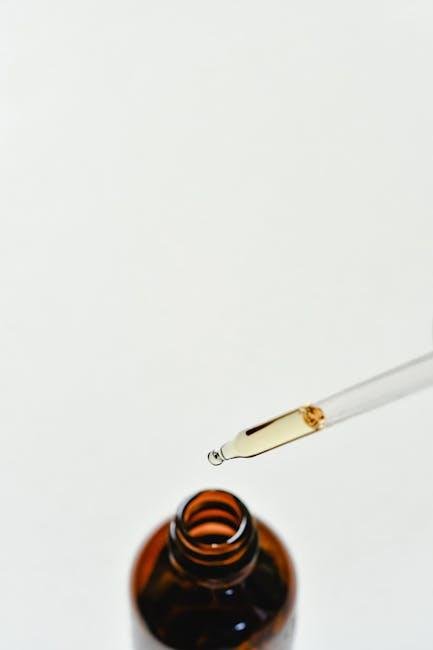
The Science Behind Hydration and Its Impact on Health
Water is the lifeblood of our bodies, constituting approximately 60% of adult body weight and playing a pivotal role in nearly every biological process. When adequately hydrated, our cells function optimally, facilitating nutrient transport, temperature regulation, and waste elimination. Dehydration, even in mild forms, can disrupt these processes, leading to symptoms like fatigue, headaches, and impaired cognitive function. Scientific studies highlight that maintaining hydration enhances physical performance, supports digestion, and boosts skin health by preserving elasticity and natural moisture.
On a microscopic level, water acts as a lubricant and cushion for joints and tissues, reducing discomfort and promoting mobility. It also helps balance electrolytes, which are crucial for nerve signaling and muscle contractions. Below is a quick reference chart summarizing hydration’s core benefits:
| Hydration Benefit | Impact on Health |
|---|---|
| Cellular Function | Optimized nutrient delivery & waste removal |
| Temperature Control | Prevents overheating, regulates body temperature |
| Joint Support | Reduces friction & inflammation |
| Cognitive Performance | Improves focus, mood stabilization |
- Tip: Listen to your body’s thirst cues—it’s a built-in hydration reminder.
- Tip: Opt for water-rich foods like cucumbers and watermelon to supplement your intake.
- Tip: Limit diuretics such as caffeine and alcohol, which accelerate dehydration.

Choosing the Right Fluids for Optimal Hydration
Optimal hydration is about more than just gulping water; it’s the art of selecting the right fluids that fuel your body efficiently. While plain water is a classic hydrator, integrating a variety of beverages can support different hydration needs. For example, coconut water offers natural electrolytes, making it great post-workout, whereas herbal teas provide hydration with the bonus of antioxidants and soothing herbs. Avoid sugary sodas and excessive caffeine, as they can dehydrate despite their liquid content.
Consider your lifestyle and activity level when choosing what to drink. Here’s a handy guide to get you started:
- Water: Always essential, aim for 8 cups daily.
- Electrolyte Drinks: Ideal during intense physical activity.
- Fruit-Infused Water: Adds flavor and vitamins without calories.
- Herbal Tea: Calm your mind and hydrate simultaneously.
| Fluid | Best For | Hydration Benefit |
|---|---|---|
| Water | Daily Use | Pure hydration, zero calories |
| Coconut Water | Post-Exercise | Rich in electrolytes |
| Herbal Tea | Relaxation | Hydrating with antioxidants |
| Fruit-Infused Water | Flavor & Vitamins | Hydration plus natural nutrients |
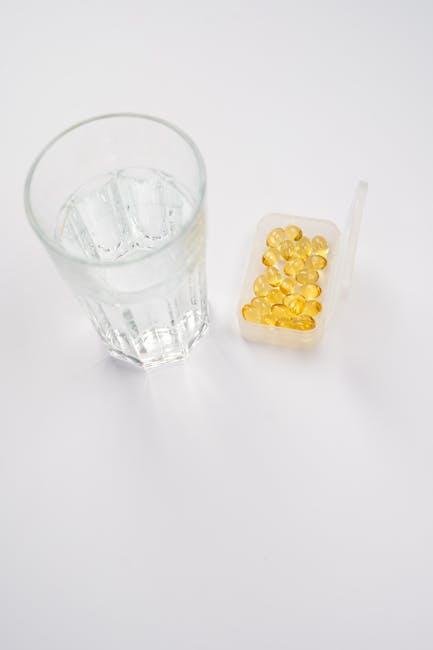
Timing Your Water Intake Throughout the Day
To optimize hydration, it’s essential to drink water at strategic times rather than waiting until you’re thirsty. Starting your day with a glass of water right after waking up kickstarts your metabolism and helps flush out overnight toxins. Aim to sip water consistently throughout the morning, especially before meals, which aids digestion and prevents overeating. Mid-morning and mid-afternoon are perfect windows to replenish your fluids, maintaining energy and focus levels as the day progresses.
Integrating water breaks into your daily routine can be simple with a few mindful habits. Consider these hydration checkpoints:
- Drink a glass 30 minutes before each meal.
- Have a small glass after every bathroom break.
- Set reminders on your phone or watch for every 1-2 hours.
- Include a hydrating snack like cucumber or watermelon in the afternoon.
| Time | Hydration Tip | Benefit |
|---|---|---|
| Upon waking | 1 glass of water | Rehydrate & boost metabolism |
| Before meals | 1 glass, 30 min prior | Improve digestion |
| Mid-morning | Small sip | Maintain energy |
| Afternoon | Hydrating snack + water | Prevent fatigue |
| Evening | Light hydration | Support restful sleep |

Hydration Hacks for Busy Lifestyles
Staying hydrated doesn’t have to feel like a chore, even on the busiest days. Incorporate small, practical tweaks into your routine to keep water intake steady without interrupting your workflow. Try keeping a reusable water bottle within arm’s reach at all times—whether at your desk, in the car, or tucked inside your bag. Setting subtle reminders on your phone or smartwatch can gently nudge you to sip regularly without being intrusive. Another clever tip is to associate hydration with daily habits: drink a glass of water after every bathroom break, sandwich it between meetings, or pair it with your meals to seamlessly build hydration without extra effort.
Sometimes flavor can be the difference between forgetting to drink and looking forward to a refreshing gulp. Experiment with adding natural enhancers like cucumber slices, mint leaves, or a splash of citrus to your water for a burst of flavor that energizes the palate. Here’s a simple guide to keep your water exciting and varied throughout the week:
| Day | Flavor Boost | Benefits |
|---|---|---|
| Monday | Lemon & Mint | Freshens breath & aids digestion |
| Wednesday | Cucumber & Basil | Hydrating & anti-inflammatory |
| Friday | Orange & Ginger | Immunity boost & invigorating |
- Set tiny goals: Aim for a few sips every 15-20 minutes.
- Track visually: Use a marked bottle or app to monitor progress.
- Hydrate smart: Choose water-rich foods like watermelon or celery for an extra boost.
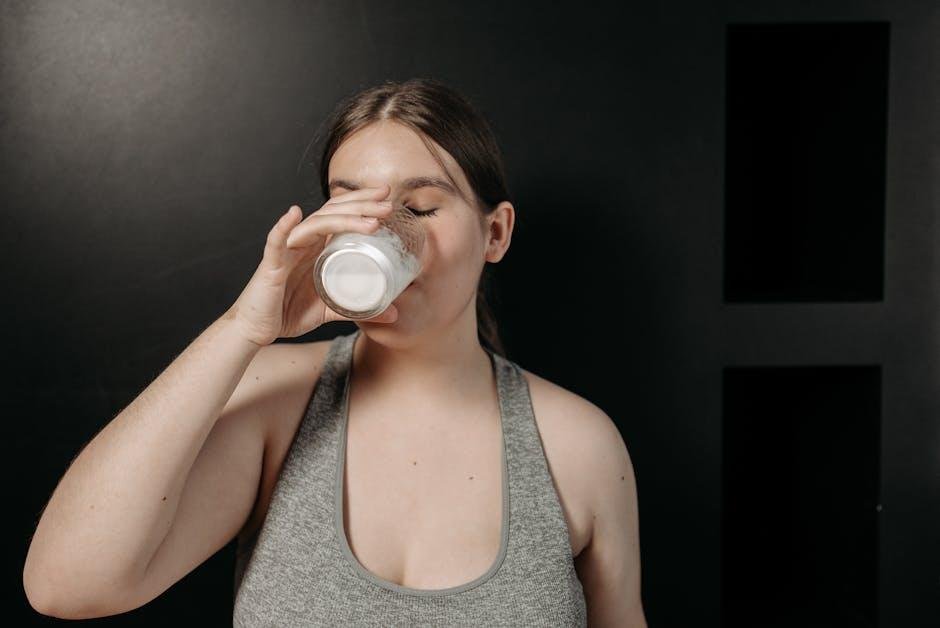
The Role of Nutrition in Maintaining Fluid Balance
Proper hydration goes far beyond drinking plain water; it’s deeply intertwined with the nutrients we consume daily. Electrolytes such as sodium, potassium, magnesium, and calcium play a crucial and often overlooked role in regulating fluid balance. These minerals act as tiny conductors, orchestrating the movement of water in and out of cells to maintain optimal hydration levels. For instance, a diet rich in fruits, vegetables, and nuts naturally replenishes electrolytes, enabling your body to absorb and retain water more efficiently, especially during physical activities or hot weather.
To support your body’s natural hydration mechanisms, consider incorporating these nutrition-rich habits:
- Snack on hydrating foods: Watermelon, cucumbers, and oranges provide both fluids and essential vitamins.
- Balance your electrolyte intake: Include sources like bananas for potassium, dairy for calcium, and nuts for magnesium.
- Avoid excessive caffeine and alcohol: These can disrupt your body’s water retention and electrolyte balance.
| Electrolyte | Food Sources | Hydration Benefit |
|---|---|---|
| Potassium | Bananas, Spinach | Balances fluids inside cells |
| Sodium | Sea Salt, Olives | Regulates water retention |
| Magnesium | Almonds, Avocado | Supports muscle function and hydration |

Recognizing Signs of Dehydration and When to Seek Help
Dehydration often whispers before it shouts. Early symptoms like dry mouth, fatigue, and dark yellow urine serve as your body’s subtle plea for water. If you start feeling dizzy, confused, or experience rapid heartbeat, these are clear alarms signaling that immediate rehydration is essential. Keeping an eye on these changes—not just everyday thirst—can save you from severe health setbacks.
Being proactive means knowing when to take action and when to seek medical help. Here’s a quick reference table to help identify critical signs:
| Warning Sign | Possible Cause | Recommended Action |
|---|---|---|
| Dry skin that does not bounce back | Severe fluid loss | Drink fluids immediately, monitor symptoms |
| Rapid breathing or heartbeat | Advanced dehydration | Seek medical attention promptly |
| Sunken eyes or extreme confusion | Critical dehydration | Call emergency services |
- Never ignore persistent thirst—it’s your body’s urgent alert system.
- Boost water intake gradually if you notice initial symptoms to avoid overwhelming your system.
- Children, the elderly, and athletes require closer monitoring due to higher susceptibility.
Q&A
Q&A: Hydration Habits to Start Today
Q1: Why is hydration truly important for my daily health?
A1: Hydration is the silent powerhouse behind nearly every bodily function. It supports digestion, regulates body temperature, lubricates joints, and keeps your skin glowing. Without enough water, your energy decreases, concentration falters, and even mild dehydration can lead to headaches and fatigue.
Q2: How much water should I really be drinking each day?
A2: While the classic “8 glasses a day” is a good starting point, your ideal intake depends on factors like your age, activity level, and environment. A personalized approach often means drinking enough so that your urine is light yellow—clear but not completely colorless.
Q3: Can I hydrate with beverages other than water?
A3: Absolutely! Herbal teas, infused water, and even some fruits and veggies (like cucumbers and watermelon) contribute to your hydration. However, beware of too many caffeinated or sugary drinks—they can sometimes have a drying effect or add unnecessary calories.
Q4: What’s a simple habit I can add today to boost my hydration?
A4: Start your day with a glass of water before your morning coffee or tea. It jump-starts your system and replaces fluids lost overnight. Another trick is to carry a reusable water bottle wherever you go—visual cues can be powerful reminders.
Q5: How does hydration impact mental clarity and mood?
A5: Water keeps your brain firing on all cylinders. Dehydration can cause difficulty focusing, irritability, and a sluggish mood. Staying hydrated helps maintain sharpness, calm, and overall emotional balance.
Q6: Are there signs I should watch for that indicate I’m not drinking enough?
A6: Yes. Common signs include dark urine, dry mouth, dizziness, headache, and feeling unusually tired. Listening to these signals and adjusting your fluid intake can prevent dehydration from sneaking up on you.
Q7: Can I drink too much water?
A7: While rare, drinking excessive amounts in a short span can lead to a dangerous condition called hyponatremia, where your blood’s sodium levels drop too low. Moderation and spacing out your water intake throughout the day are key.
Q8: How does exercise affect hydration habits?
A8: Physical activity increases fluid loss through sweat, so it’s vital to drink water before, during, and after workouts. For intense or prolonged exercise, electrolyte-rich drinks may help replace minerals lost along with fluids.
Q9: Is the quality of water important?
A9: Yes, clean and safe water is essential for good health. Access to filtered or purified water ensures you avoid contaminants and enjoy the best taste, making it easier and more pleasant to drink regularly.
Q10: What’s a creative way to make hydration more fun?
A10: Experiment with flavor infusions—try adding slices of lemon, mint leaves, cucumber, or berries to your water. Not only does it taste refreshing, but the bursts of color make reaching for your water bottle a little more delightful.
Closing Remarks
As the sun sets on our exploration of hydration habits, remember that every sip is a small act of care for your body and mind. Embracing these simple changes today sets the stage for a healthier, more vibrant tomorrow. So, raise your glass—not just to quench thirst, but to celebrate the art of nurturing yourself, one refreshing habit at a time. Cheers to a well-hydrated you!



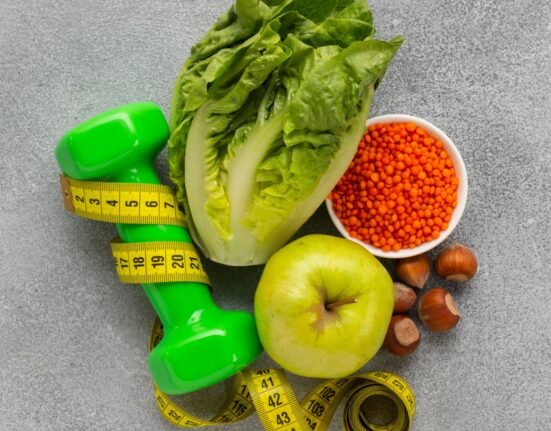
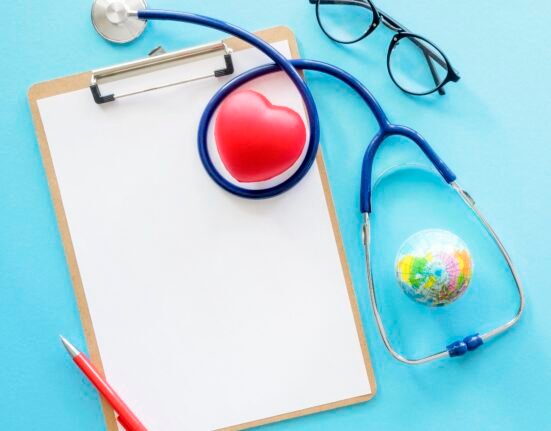
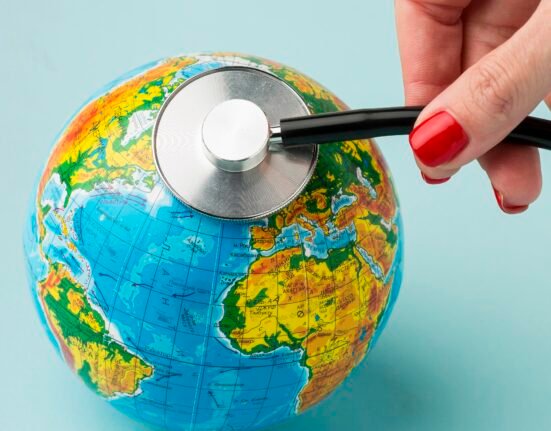
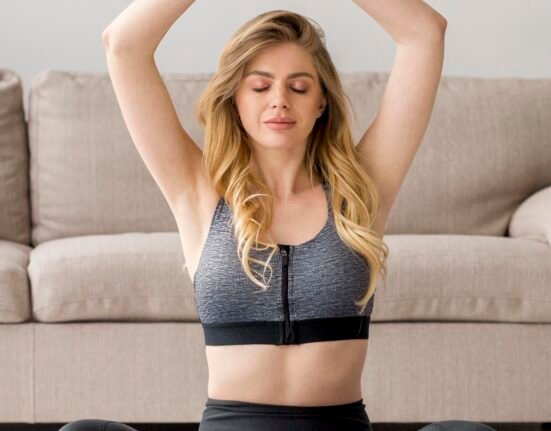

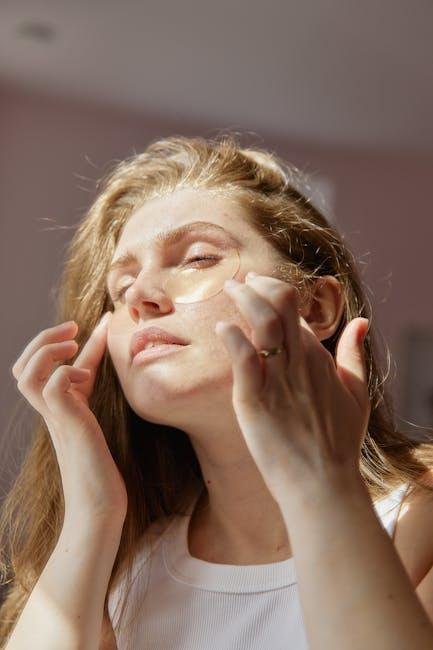



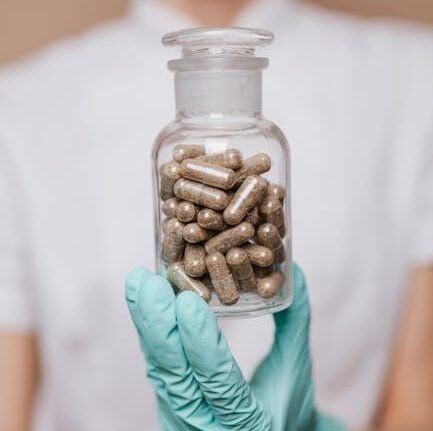
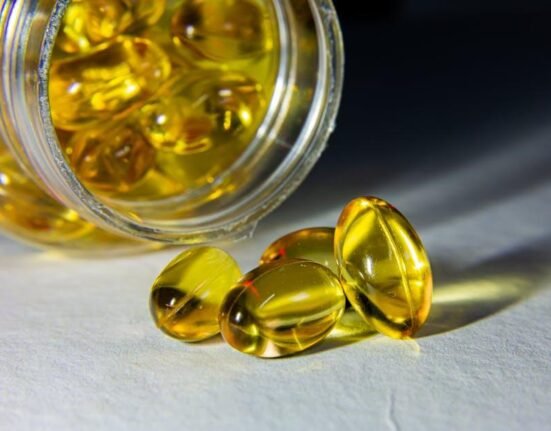

Leave feedback about this